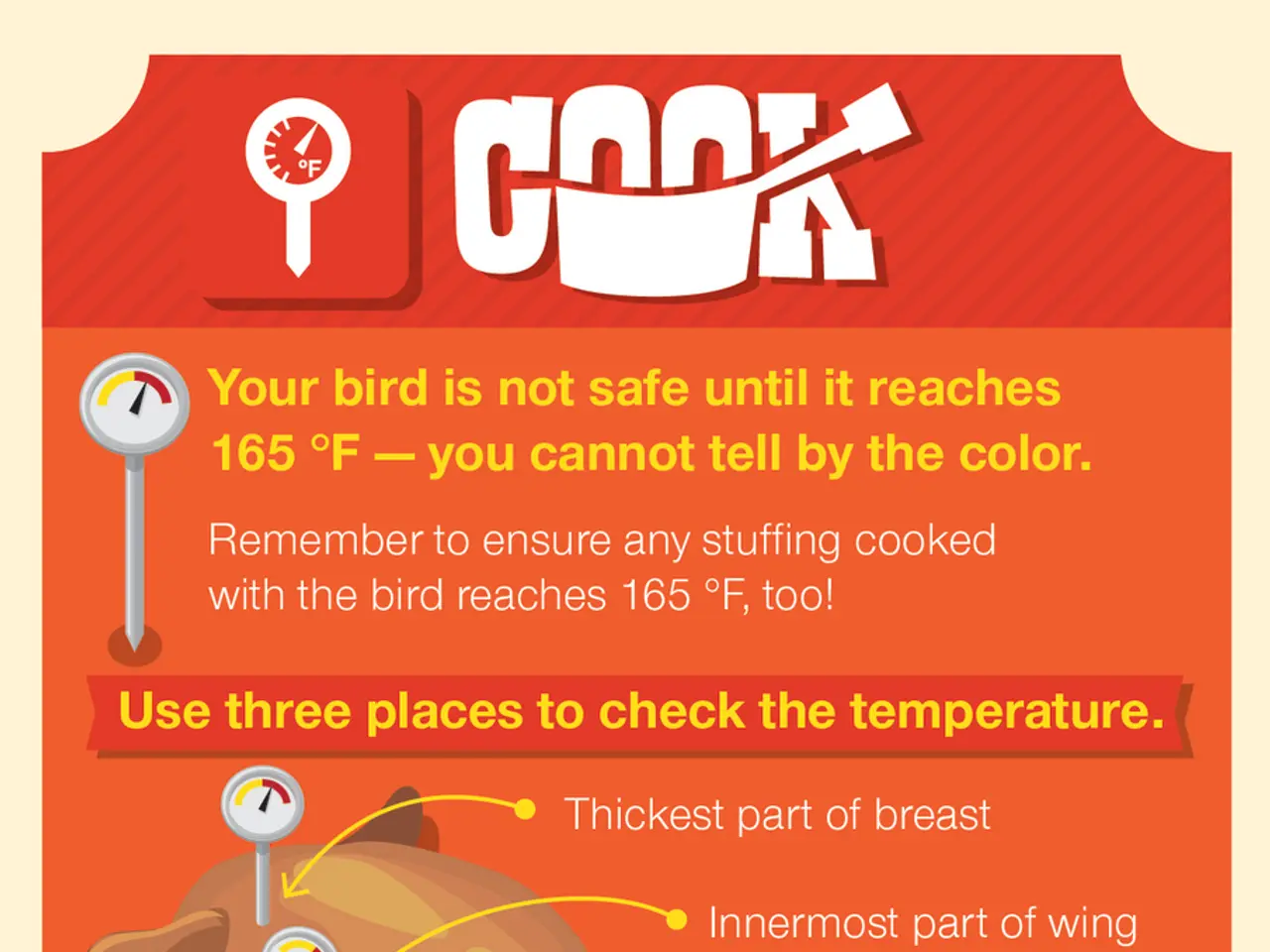Shingles: A Possible Aftermath of Chickenpox?
Shingles, a painful and potentially debilitating condition, is a reactivation of the varicella-zoster virus (VZV) that causes chickenpox. While shingles is not contagious in the traditional sense, it can be spread to individuals who have never had chickenpox, causing chickenpox instead.
Risk Factors for Developing Shingles
Shingles is most commonly seen in adults over the age of 50, primarily due to age-related immune decline[1][2][4]. Other risk factors include weakened immunity, chronic medical conditions, physical and emotional stress, and severe illness or trauma[1][2][3].
Individuals with weakened immunity may be due to conditions such as HIV, hypogammaglobulinemia, autoimmune diseases like rheumatoid arthritis, lupus, or Crohn’s disease, or treatments that suppress the immune system, such as chemotherapy, corticosteroids, or immunosuppressant drugs post-organ transplant[1][3][4].
Chronic medical conditions, such as diabetes and autoimmune disorders, also predispose individuals to shingles outbreaks[2]. Physical and emotional stress can contribute by temporarily weakening the immune system, although research on stress as a trigger is somewhat contradictory[1][2][3]. Severe illness or trauma may also act as physical stressors that increase risk by compromising immune function[2].
Prevention and Vaccination
To reduce the risk of shingles, the Centers for Disease Control and Prevention (CDC) recommends the Shingrix two-dose vaccination for adults aged 50 years and older[2][4]. Shingrix is a recombinant zoster vaccine, which uses specific pieces of the virus to generate a strong immune response. This vaccine is suitable for people with weakened immune systems and long-term health problems[6].
Evidence indicates that two doses of Shingrix are more than 90% effective at preventing shingles[5]. Vaccination is also crucial for people with weakened immune systems to reduce the risk of shingles and its complications.
Management and Prevention of Shingles Spread
To limit the spread of shingles, individuals should wash their hands frequently, avoid touching or scratching the rash, cover the rash, and avoid contact with vulnerable people[1][2]. Roughly 1 out of 3 people in the United States will develop shingles during their lifetime[3].
About one-third of people who develop shingles will experience postherpetic neuralgia (PHN), which refers to severe pain in the areas where the rash was present[3]. Shingles is more common after the age of 60 and is more likely to occur in adults over 60 than in children under 10[3].
Conclusion
Age-related immune decline, immunosuppression from disease or medication, chronic illnesses, and stress are the main risk factors for developing shingles. Vaccination, such as Shingrix, is crucial for adults aged 50 and older or those with weakened immune systems to reduce the risk of shingles and its complications. By understanding these risk factors and taking preventative measures, individuals can protect themselves and others from this potentially debilitating condition.
[1] Centers for Disease Control and Prevention. (2021). Shingles. Retrieved from https://www.cdc.gov/shingles/about/index.html [2] Mayo Clinic. (2021). Shingles. Retrieved from https://www.mayoclinic.org/diseases-conditions/shingles/symptoms-causes/syc-20370626 [3] National Institute of Neurological Disorders and Stroke. (2021). Shingles Fact Sheet. Retrieved from https://www.ninds.nih.gov/Disorders/Patient-Caregiver-Education/Fact-Sheets/Shingles-Fact-Sheet [4] World Health Organization. (2021). Shingles. Retrieved from https://www.who.int/news-room/fact-sheets/detail/shingles [5] Shingrix. (2021). Shingrix. Retrieved from https://www.shingrix.com/ [6] CDC. (2021). Shingrix: Who Should Get Vaccinated? Retrieved from https://www.cdc.gov/shingles/vaccines/shingrix/who-should-get-vaccinated.html
- The reactivation of the varicella-zoster virus (VZV) that causes chickenpox, known as shingles, can be more prevalent in adults with weakened immune systems due to conditions like HIV, autoimmune diseases, or treatments that suppress the immune system.
- Chronic medical conditions, such as diabetes and autoimmune disorders, can also put individuals at a higher risk for shingles outbreaks.
- While shingles is not contagious in the traditional sense, it can be spread to individuals who have never had chickenpox, causing chickenpox instead.
- To reduce the risk of shingles in adults aged 50 and older or those with weakened immune systems, the Centers for Disease Control and Prevention (CDC) recommends vaccination with the Shingrix vaccine, which is suitable for people with health and wellness concerns, mental-health issues, and neurological disorders.




